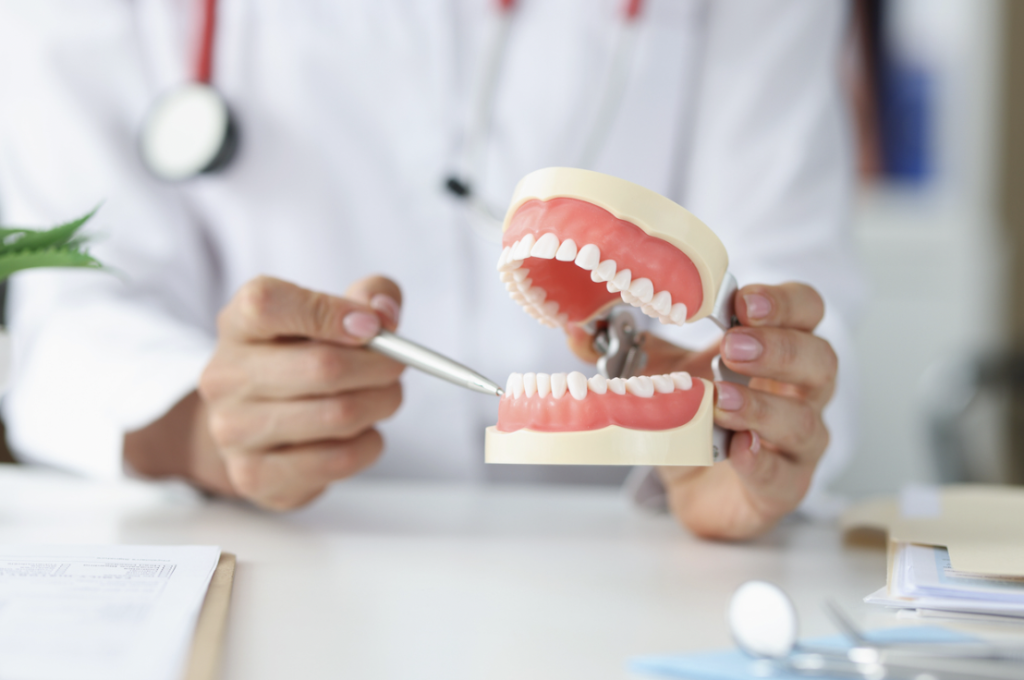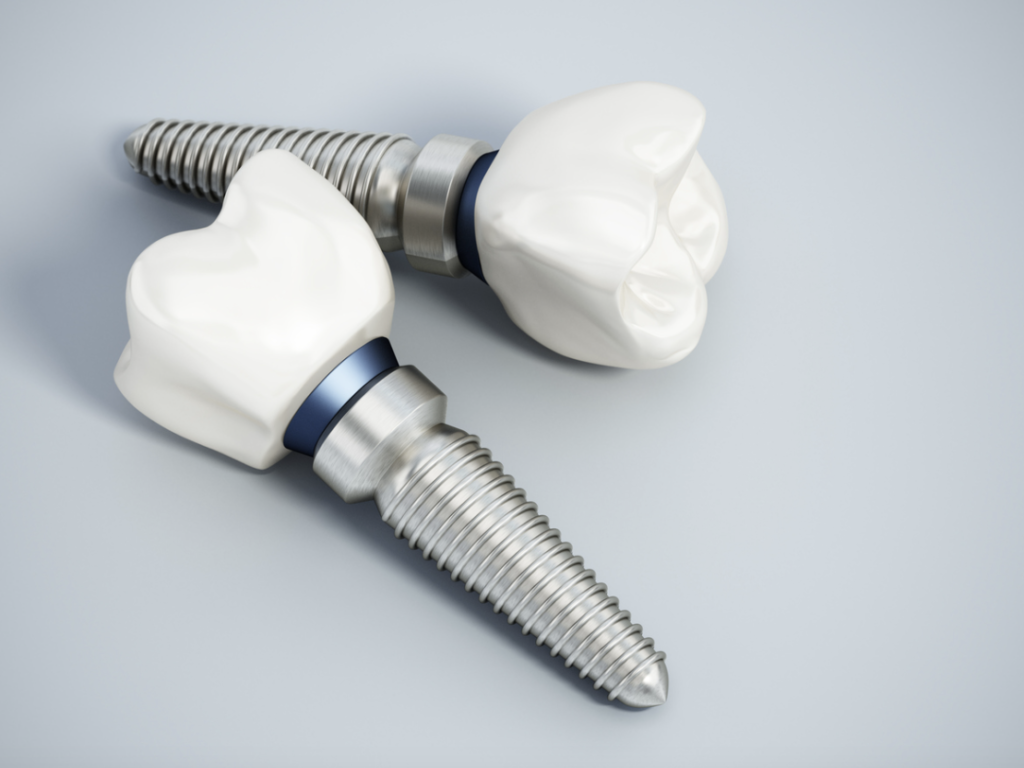
Chronic jaw pain is a pervasive and debilitating condition, that plagues an estimated 10 million Americans and is clinically identified as temporomandibular joint disorder (TMD/TMJD). TMD is often triggered by a combination of genetic predisposition, muscular imbalances, and structural abnormalities in the temporomandibular joint itself. Stress and anxiety also play a pivotal role, exacerbating muscle tension and further aggravating the symptoms. The array of symptoms associated with TMD is vast, ranging from persistent jaw discomfort and difficulty chewing to headaches, ear pain, and even neck and shoulder tension. As the condition progresses, individuals may experience clicking or popping sounds in the jaw, limited mouth opening, and muscle fatigue. Beyond the immediate discomfort, TMD can have profound impacts on one’s overall health, influencing sleep patterns, dietary habits, and mental well-being.
Beyond the Buzzword: Understanding TMJ Disorders
While colloquially used to describe jaw joint pain, true TMJ disorders are relatively uncommon, focusing on the joints, muscles of the temporomandibular joint (TMJ), and adjacent tissues. Explore the diverse array of factors contributing to jaw joint disorders, ranging from past traumatic injuries to stress and obstructive sleep apnea.
TMD’s Surprising Connections: Linking Jaw Pain to Chronic Health Conditions
Recent studies unveil a fascinating connection between TMD and broader health concerns. Discover how two-thirds of individuals with TMD also grapple with chronic conditions like fibromyalgia, chronic fatigue syndrome, rheumatoid arthritis, endometriosis, irritable bowel syndrome (IBS), and migraines. Ongoing research aims to uncover the systematic connections between seemingly disparate medical issues.
Inflammatory Insights: CGRP and the Tense Jaw Muscle Connection
Explore the proposed link between tense and irritated jaw muscles, the release of calcitonin gene-related peptide (CGRP), and the potential chain reaction of inflammation. Gain insights into how early intervention for TMD is being emphasized to minimize the risk of additional health problems.
Spotting the Signs: Symptoms of TMD/TMJD
Beyond the evident jaw pain, discover the spectrum of symptoms individuals with TMD may experience, from frequent headaches to difficulties chewing, audible clicking in the jaw, and misalignment of teeth. Learn why regular experiences of these symptoms warrant a comprehensive TMJ exam and how early intervention is crucial for effective treatment.
A Dental Approach to Tackling TMD: Navigating Treatment Options
Uncover the typical methods dental professionals employ to address TMD disorders. From physical exams to X-rays, explore the diagnostic journey and treatment options available, including physical therapy, bite splints, orthodontic intervention, and, in severe cases, surgical procedures.
Conquering Chronic Jaw Pain: The Road to Relief and Improved Health
Chronic jaw pain is not an insurmountable challenge. Understand the importance of prompt diagnosis and how it can mitigate the potential for related inflammatory health issues. If you’re experiencing TMD symptoms, discover why seeking consultation with a healthcare professional is advisable and how personalized treatment plans can pave the way to relief and improved overall health.







